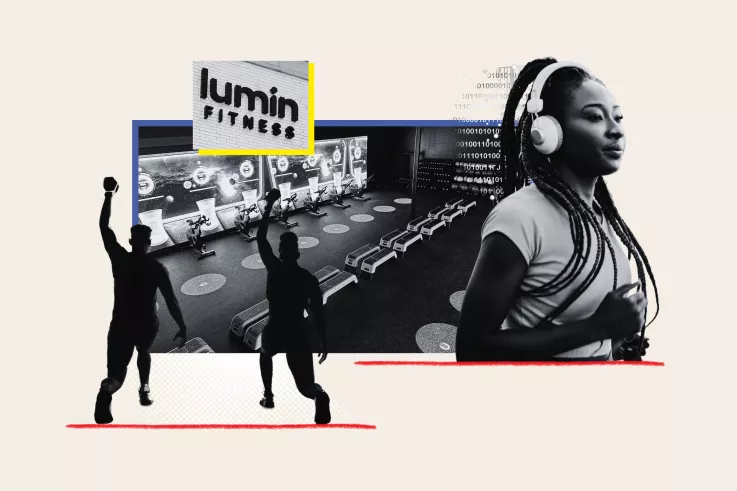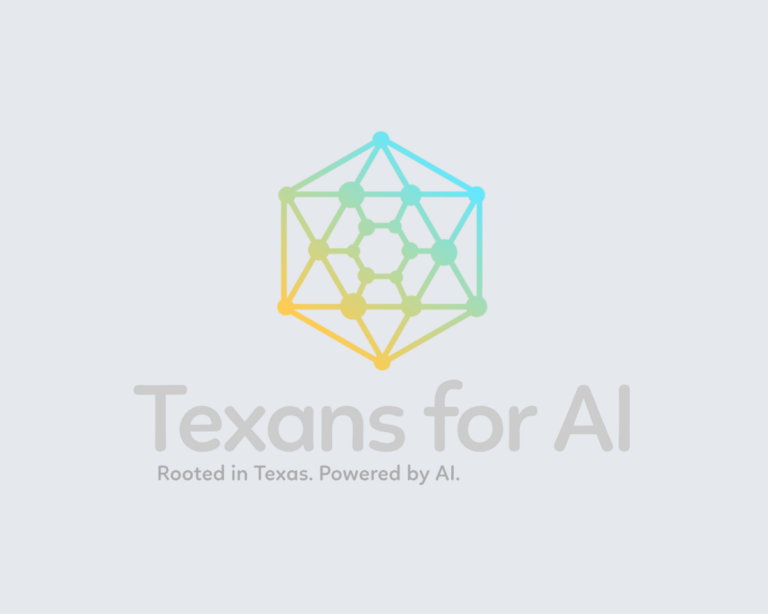
Staying Human in an Artificial World: Why Human Connection Still Matters in the Age of AI
As artificial intelligence rapidly integrates into nearly every aspect of our lives—from automating business workflows to crafting personalized playlists—it’s easy to feel both amazed and a little displaced. The speed at which AI is reshaping how we work, communicate, and even think has left many asking a deeply human question: Where do we fit in?
In a world driven by algorithms, machine learning models, and conversational agents, how do we keep the uniquely human qualities that make life meaningful? Connection. Empathy. Creativity. Purpose. Are these still relevant—or even needed—in an AI-powered future?
At Texans for AI, we believe the answer is a resounding yes. In fact, human connection might be more essential now than ever before.
The Great Shift: Convenience Meets Disconnection
Let’s be honest: AI is incredibly useful. It can draft your emails, route your morning commute, and recommend the perfect movie for a quiet night in. Businesses are saving time. Educators are reaching more learners. Healthcare systems are accelerating diagnostics.
But something curious is happening alongside all this innovation. We’re talking to screens more than we’re talking to each other. We’re solving problems faster but sometimes missing the deeper conversations. We’re outsourcing thinking—without always pausing to reflect.
As we gain efficiency, we risk losing the slow, often imperfect, yet irreplaceable nature of human connection. And that’s not just a sentimental concern—it’s a health one.
The Neuroscience of Connection
Human beings are wired for connection. Studies show that real social interaction improves brain health, boosts immune function, and helps prevent depression and anxiety. Conversations—especially face-to-face—stimulate parts of the brain tied to empathy, creativity, and long-term memory. Touch and eye contact release oxytocin, the so-called “bonding hormone,” that fosters trust and emotional security.
In short: we’re not just social creatures by choice—we’re built that way. While AI can mimic language and pattern behavior, it doesn’t feel. And it doesn’t care. But we do.
As AI gets better at “doing,” we need to stay committed to “being”—to the very essence of what makes us human.
How Do Humans Stay Relevant?
Staying relevant doesn’t mean trying to outpace machines. We can’t (and shouldn’t) compete with AI at calculation, recall, or scale. But we have something AI doesn’t: context, conscience, and care.
Here’s how we can lead with those strengths:
- Double down on empathy: Whether you’re a teacher, doctor, engineer, or artist, your ability to understand human nuance is unmatched by any model. Emotional intelligence will be the currency of leadership.
- Ask better questions: AI is excellent at providing answers. But the most meaningful change often begins with a well-formed question. Curiosity, critical thinking, and ethical reflection are human superpowers.
- Stay creative: Art, storytelling, and imagination shape culture—and cannot be fully replicated by predictive algorithms. Creativity isn’t just a job skill; it’s a human signal.
- Build together: Collaboration and shared purpose drive innovation. As we integrate AI, let’s also build cultures that prioritize people—on teams, in schools, in government.
- Be present: Look up from the screen. Take the long way home. Listen without multitasking. The mundane moments—when we’re truly present—are where meaning often lives.
The Future Needs Humans
As Texas positions itself as a growing hub for AI development, from manufacturing biometric devices to leading edtech innovations, the question isn’t whether we’ll use AI. We will—and we should. The real question is: How will we use it in a way that enhances, not replaces, our humanity?
At Texans for AI, we advocate for innovation that includes ethics, empathy, and equity. We don’t believe AI is the enemy — it’s a tool. But like any tool, it reflects the values of its creators and the culture in which it grows.
Let’s build a future where AI supports our best human instincts: to connect, to understand, and to care.
Final Thought
The more artificial the world becomes, the more real we must remain.
Let AI write the code. Let it analyze the trends. But let humans hold the vision—and hold each other. Because in the end, relevance isn’t about competing with machines. It’s about remembering why we build them in the first place: to make life better for people.
But what do we really mean by better? Who defines that—and how do we ensure AI reflects human values and not just technical optimization? We explore that deeper in our next article: What Does “Better” Mean in an AI World?




